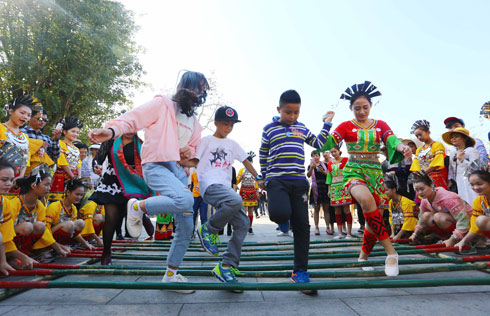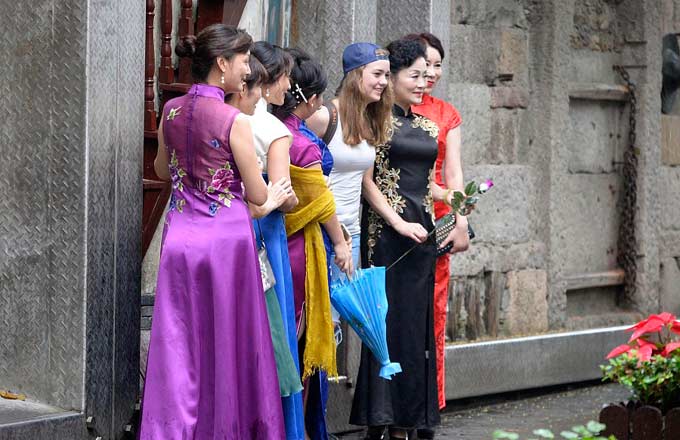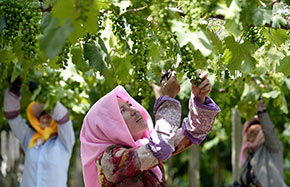Creating the modern face of urbanization
"By setting the bar this high, even for affordable housing, commercial developers know what standard they have to reach," Tang said.
The financing of Hehejiayuan involved 10 billion yuan in bank loans, 10 billion yuan in corporate debt, and the rest coming from the government, Kuang said.
But since most of the buildings are rented to lower-income groups at just 13 yuan per sq m each month, Kuang admitted that development costs will take quite a while to be recouped.
"In fact, that may take at least 10 to 15 years," he said, "but we need to look at the bigger picture."
Kuang said Hehejiayuan will also function as a dormitory area for companies and factories moving into Liangjiang.
There are also higher-end apartments for white-collar employees.
"We may not break even on these projects, but by saving employers' costs, Liangjiang gains in terms of tax revenues and other economic benefits."
Local companies are being encouraged to offer 15 percent of their vacancies to relocated farmers.
The extra investment being made in Hehejiayuan distinguishes it from normal affordable housing projects, with the building of tennis and basketball courts
From the balcony of an apartment on a higher floor, you can also see a new school rising just a few hundred meters away.
However, despite the new surroundings, you can still see and hear some familiar traditional activities, such as the sound of mahjong being played.
"Urbanization isn't simply about building apartments and creating a welfare system - people need jobs," Tang said.
"We have never had the problem of youth unemployment."
While companies move into Liangjiang to cash in on labor costs that are 30 percent lower than in coastal cities, the local government is offering residents aged 20 to 30 a daily subsidy of 20 yuan if they are willing to undergo training before starting to work in factories.
"What we are most concerned about is providing jobs for middle-aged workers, those aged over 40, who have never received training," Tang said.
To tackle this problem, the district has created a gardening company, as well as a modern agricultural company, which provides jobs suitable for residents aged over 40.
"We must guarantee that each family has at least one person employed," he said.

















